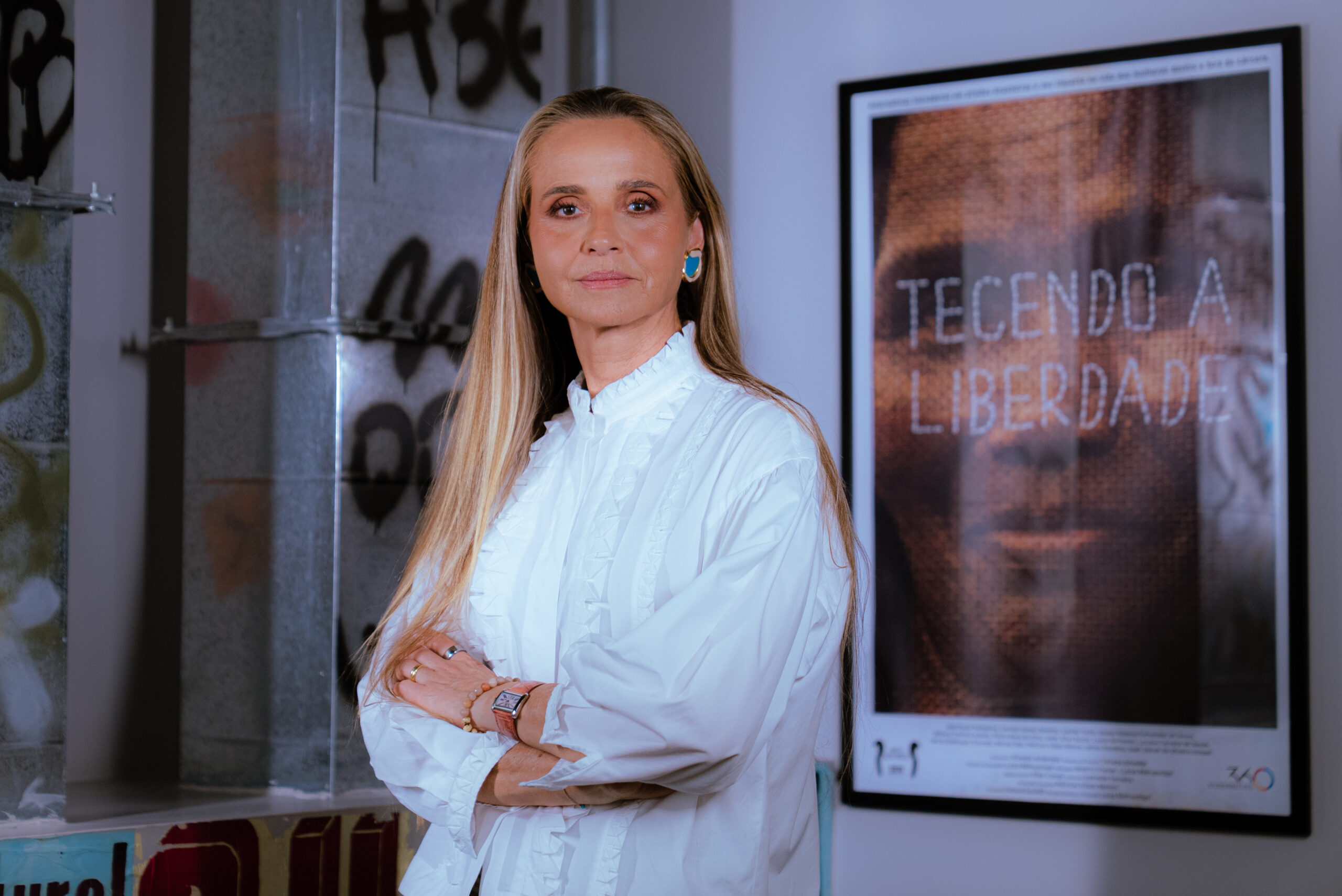The following article, authored by Patrícia Villela Marino, was originally published in the newspaper O Globo on April 9.
While a good portion of the Brazilian Parliament and public figures contort themselves in inflammatory rhetoric against the decriminalization of drugs, the numbers reveal an uncomfortable truth that penal populists prefer to ignore: organized crime in Brazil profits ten times more from fuels, cigarettes, alcoholic beverages, and gold than from prohibited substances.
A recent study by the Brazilian Public Security Forum exposes the fragility of the punitive discourse. Criminal organizations earned R$146.8 billion from legal products in 2022 and R$15 billion from cocaine. These numbers are not mere statistics — they represent the failure of a model that criminalizes users while ignoring the true economic arteries of organized crime.
Those who oppose the regulation of drugs currently considered illegal — even those whose application goes far beyond recreational use, as is the case with medicinal Cannabis and industrial Hemp — in the name of “protecting society” remain silent in the face of the infiltration of gangs into formal markets. The moralistic discourse on psychoactive substances conveniently forgets that alcohol and cigarettes — legalized and culturally accepted drugs — are more profitable instruments for criminal organizations.
This evident hypocrisy produces a perverse cycle. The mass incarceration of users and small dealers has not only failed to reduce drug consumption but has transformed our prisons into crime universities, where gangs recruit new members and expand their power. Meanwhile, the large financial operations that sustain organized crime remain practically untouched.
We urgently need a mature discussion on drug policy, based on scientific evidence, not moralizing speeches. Similarly, it is imperative to reorient the fight against organized crime towards financial intelligence investigations that dismantle their true capital flows.
The war on drugs, as the numbers demonstrate, is a smokescreen that diverts our attention from the real problem. While we arrest young Black men from the peripheries of large cities for carrying small amounts of drugs, organized crime continues its sophisticated penetration into the formal economy, corroding institutions and expanding its territorial power.
The Humanitas360 Institute, an organization of which I am a co-founder and have been president for ten years, is a testimony that there is an alternative to the missteps of our prison system. With actions and projects aimed at imprisoned people and those formerly incarcerated, focused on the concept of civic-social entrepreneurship and driven by the certainty that everyone deserves a second chance, today we accompany the journey of social reintegration of many. Some former female inmates are collaborators of the Tereza brand, which was born in an H360 program and is now an independent social business that trains them and generates income — with one of them, Flávia Maria da Silva, as CEO.
The justice we want to build is not made with hypocrisy, but with the courage to face uncomfortable truths and the willingness to rethink failed models. The path to a safer society necessarily involves building alternatives for social reintegration, a drug policy based on public health, and a fight against crime that targets its economic structures, not just its disposable pawns.
Patrícia Villela Marino is president of the Humanitas360 Institute and a member of the Economic and Social Development Council of the Presidency of the Republic and the National Council of Criminal and Penitentiary Policies of the Ministry of Justice





